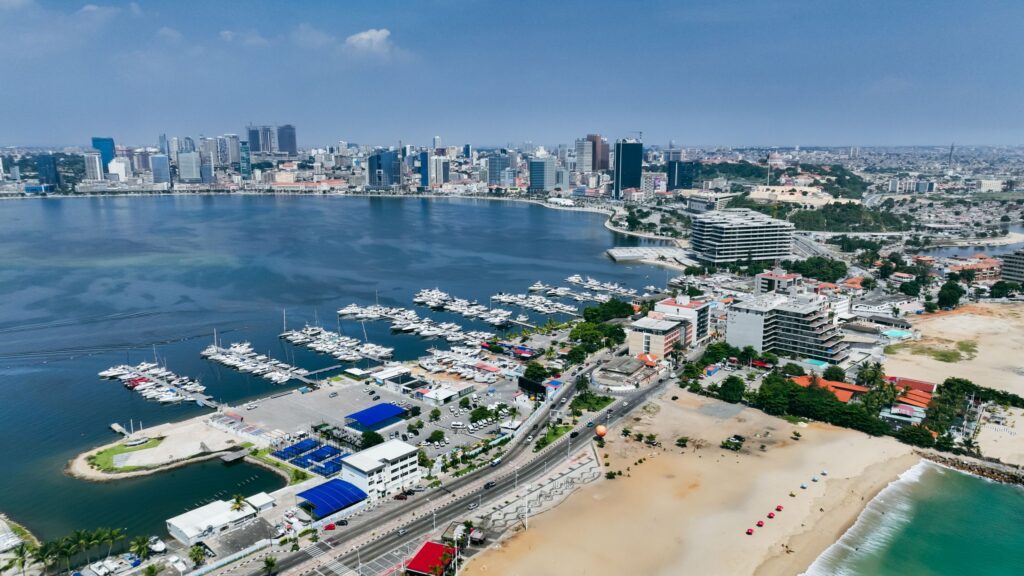Nestled on the west coast of Southern Africa, Angola is a country of contrasts and colour. With a diverse population, rich cultural heritage and a landscape that spans from Atlantic beaches to rugged highlands, Angola offers a unique glimpse into African life. For anyone unfamiliar with this Lusophone nation, Angola’s lifestyle is a fascinating blend of centuries-old customs, colonial influences and contemporary energy.
A Cultural Mosaic
Angola is home to over 90 ethnic groups, the three largest being the Ovimbundu, Mbundu and Bakongo. Each group brings its own distinct languages, customs, music and dress to the national identity. While Portuguese is the official language—reflecting Angola’s colonial past—indigenous languages like Umbundu, Kimbundu and Kikongo are widely spoken, especially in rural areas.
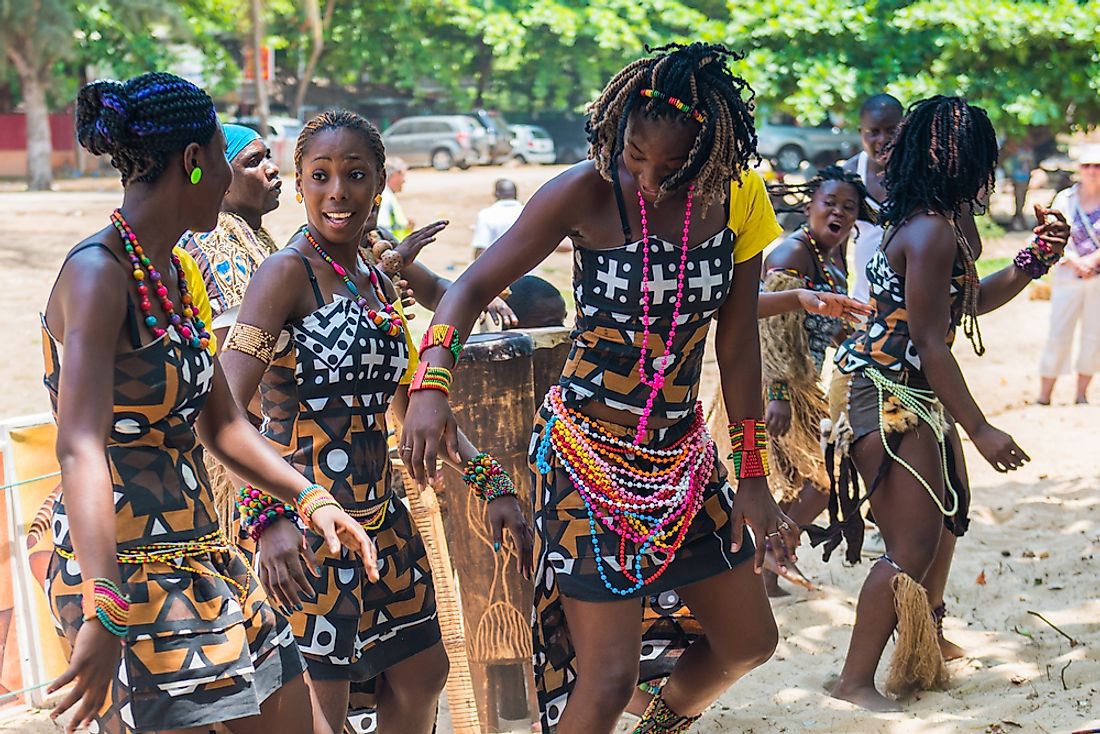
Traditional music and dance are integral to Angolan culture. The infectious rhythm of semba—a predecessor to Brazil’s samba—continues to thrive in celebrations and everyday gatherings. Meanwhile, kuduro, a fast-paced electronic dance genre born in the streets of Luanda, reflects the younger generation’s creativity and resilience.
The Heart of Angolan Life
Family lies at the core of Angolan social structure. It’s common for extended families to live together or maintain close ties across distances. Elders are deeply respected and often serve as advisors within the family unit. Community life is strong, particularly in rural areas, where people often share resources and labour in a spirit of mutual support.
Religion also plays a significant role in daily life. While Christianity—especially Roman Catholicism—is the dominant faith, traditional beliefs and practices still coexist and are respected.
Tastes of Angola
Angolan cuisine is a flavourful fusion of African ingredients and Portuguese culinary influence. Meals are often hearty, centred around maize, cassava, beans and rice. One of the most iconic dishes is muamba de galinha—a spicy chicken stew made with palm oil, garlic, okra and chilli. Calulu, a dried fish and vegetable stew, is another national favourite, usually served with funge (a dense purée made from cassava flour).
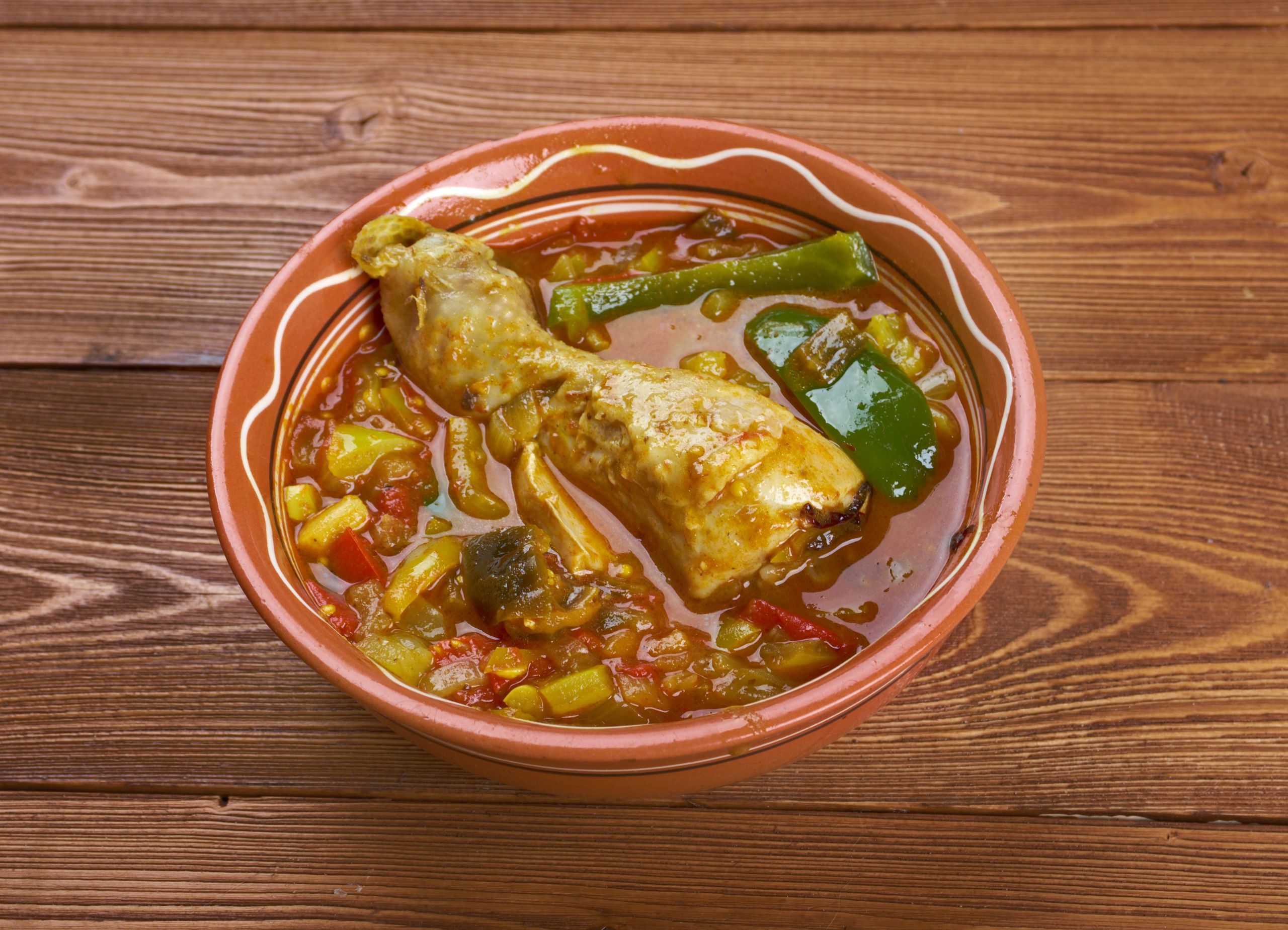
Street food is also part of daily life, especially in urban areas. Grilled meats, fried dough snacks and roasted corn are common finds at roadside stalls. Fresh tropical fruits like mangoes, bananas and papayas add a sweet balance to the spicy, savoury flavours.
Hamlets to High-Rises
Housing in Angola varies significantly between urban and rural areas. In cities like Luanda, which has seen a post-war construction boom, you’ll find everything from modern high-rise apartments to informal settlements known as musseques.
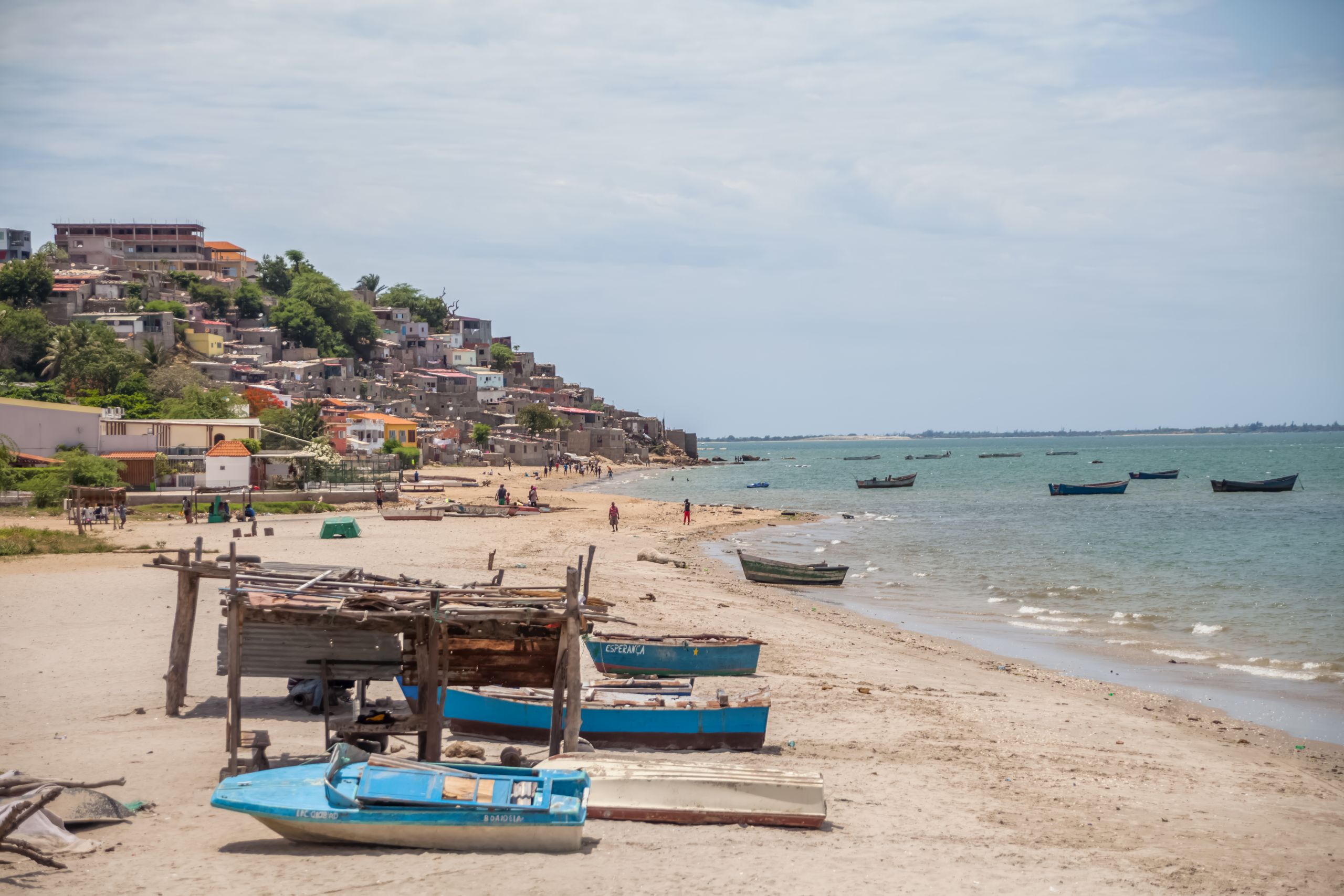
In rural areas, traditional homes are often made from adobe, wood and thatch. These homes are typically circular or rectangular, clustered in family compounds and built to withstand the elements. Interiors are simple but functional, often featuring handmade furniture, woven mats and local pottery.
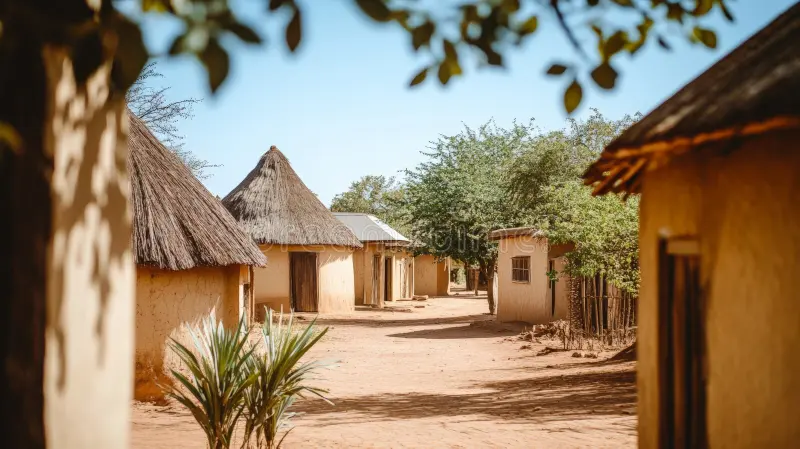
A Daily Rhythm Shaped by Past and Present
The daily lifestyle of Angolans blends tradition and modernity. In urban centres, the pace is fast, with people navigating traffic-choked roads, engaging in commerce, and enjoying an increasingly cosmopolitan lifestyle. Malls, cafés and nightlife venues are growing in popularity among the middle class, while access to technology and mobile internet has soared.
In contrast, life in rural Angola remains more traditional and agriculturally focused. Many households farm their own food, draw water from wells, and use wood-fired stoves for cooking. Yet, even in the most remote villages, you’ll often find radios and mobile phones linking people to the wider world.
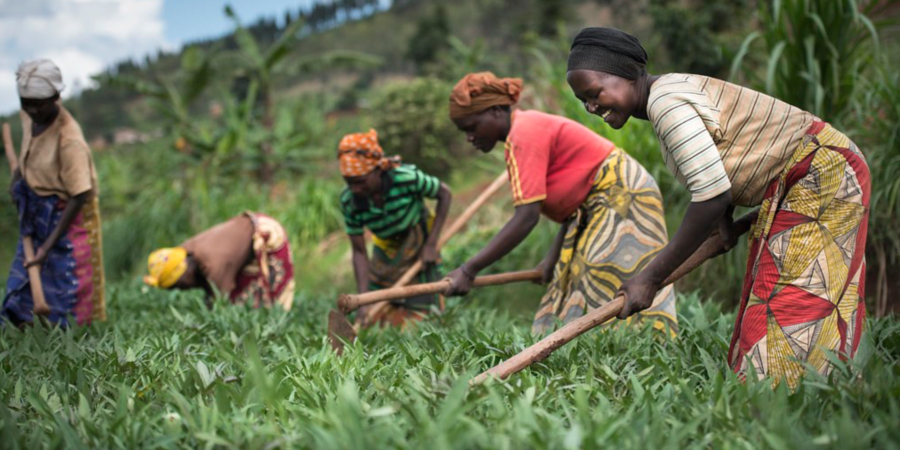
Resilience and Joy in Everyday Life
Perhaps the most defining characteristic of Angolan life is its resilience. After a long civil war that ended in 2002, Angola has undergone significant transformation. The scars of conflict remain, but so does an unyielding spirit. Angolans are known for their warmth, hospitality and an enduring joy that finds expression in music, dance and shared meals.
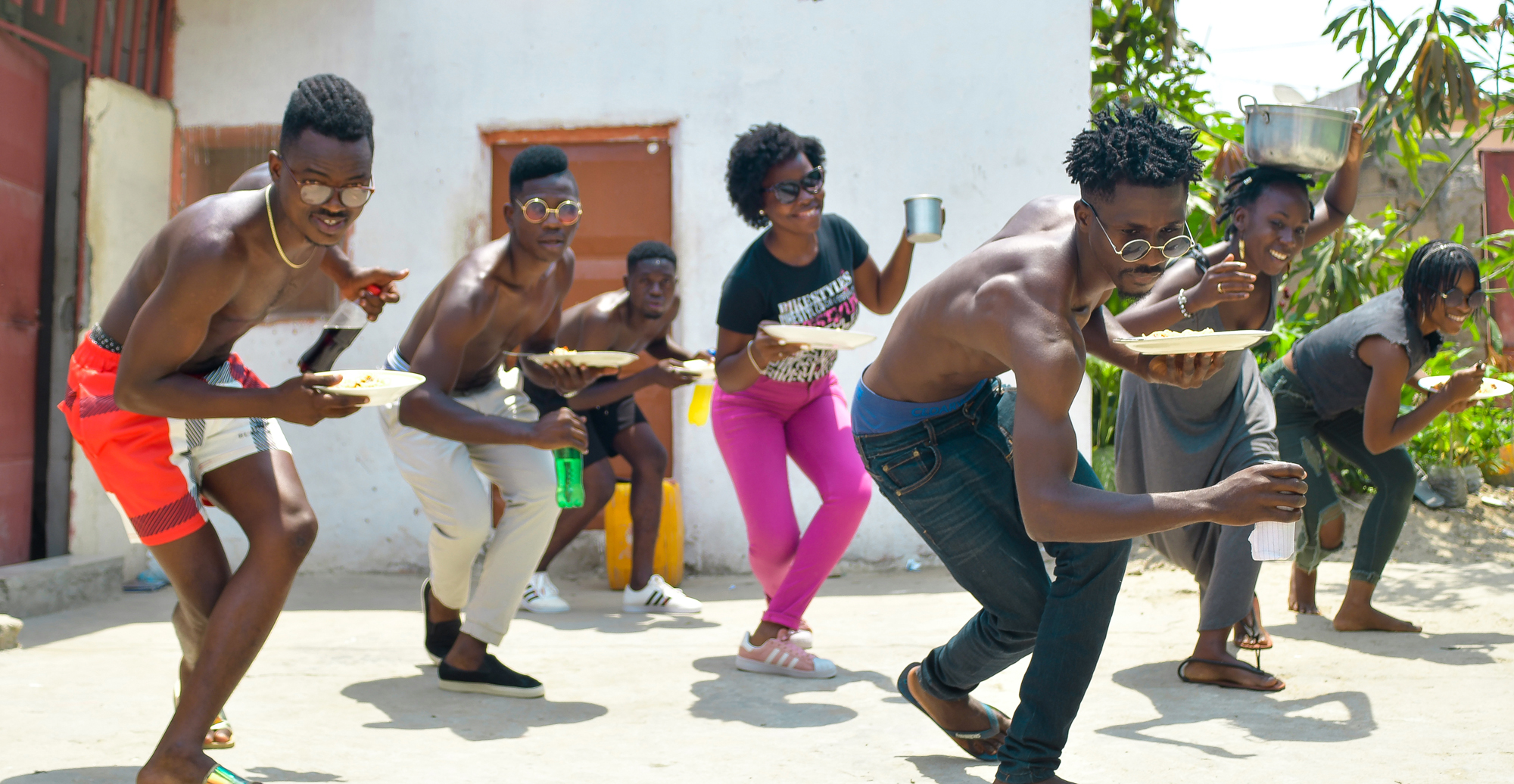
From bustling markets in Luanda to tranquil village life in Huambo, Angola is a country that pulses with life. For those looking to understand an Africa beyond the clichés, Angola offers a compelling and colourful narrative of a people shaped by history, yet always looking forward.

